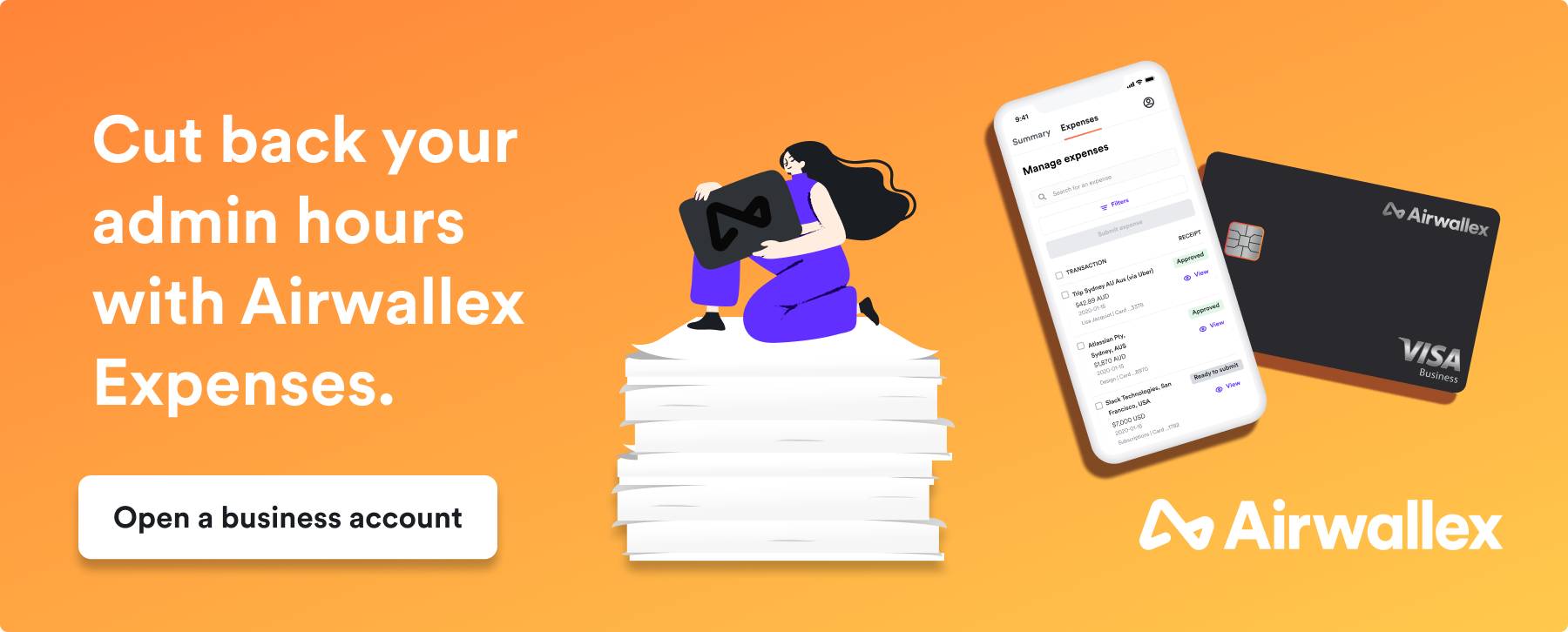When and how to hire a high-impact virtual CFO

Shani Ishigaki
Content Marketing Manager

Every business needs a financial executive once they hit a certain growth point. This strategic partner will help your business navigate periods of accelerated growth and implement systems to sustain it.
But chances are you’re not quite ready to commit to a full-time chief financial officer.
This is where a virtual CFO, or vCFO, comes in. Keep reading to learn more about what vCFOs are and do, the benefits they can provide to your business, and when it’s time to make the hire.
First, what exactly is a virtual CFO?
Before we get into why you might be eager to hire a vCFO, let's explore what a virtual CFO in the first place.
A virtual CFO offers all of the same expertise and knowledge a traditional CFO can deliver. The difference is that virtual CFOs work remotely and typically as a contractor on a part-time or ad-hoc basis.
Hiring a virtual CFOs is a smart move for small and medium-sized businesses that need strategic financial advice and planning, but can’t afford to hire a full-time in-house CFO. Before remote work became more mainstream and vCFOs became easy to find, these businesses often went without the right advice. Now, they can easily contract vCFOs for however much time and support they need.
Meanwhile, virtual CFOs are still able to maintain a full work schedule by working with multiple clients at a time. It’s a win-win.
What does a virtual CFO do? Virtual CFO services
Virtual CFO services vary widely depending on the size and needs of an organisation. However, vCFOs typically provide at least the following general services:
Reporting: Ensuring accurate and on-time reporting relating to a business’ cash flow, condition and performance
Compliance: Maintaining compliance with all local, state, and federal taxes, laws and regulations
Financial strategy: Providing insights to help management develop business strategies
Controls: Implementing and monitoring controls for a business’ performance and internal operations
However, vCFO responsibilities have been increasing fast over recent years. For example, a 2018 McKinsey Global Survey revealed that CFOs are increasingly being asked to take on board engagement and digitisation, such as advanced analytics, data visualisation, cloud computing and business process automation.
With CFO expectations changing, it’s best not to assume your vCFO candidates will or will not provide a specific service. Be sure to ask what a vCFO is capable of providing when vetting candidates to ensure they can meet all your needs.
Why hire a virtual CFO? Some of the benefits
As well as carrying out some of the financial responsibilities that business owners themselves don’t have the time or skill sets for, vCFOs provide invaluable benefits that will shape future success. For example, you can expect:
Accountability: After helping you set goals and strategy, vCFOs can help you stick to them. Expect regular check-ins to ensure you’re on track to meet milestones. Often, this kind of accountability is the motivation businesses need to follow through on their strategies.
Risk management: Risk is an inevitable part of doing business, and managing it well can be the difference between success and failure. This is where vCFOs add enormous value. Before making any significant change or decision, such as hiring or purchasing new equipment, your vCFO can walk you through the numbers to assess the associated risks.
Reduced costs: We’ve already discussed how virtual CFOs can save businesses big by enabling them to forego the full-time salary associated with traditional CFOs. But vCFOs can reduce costs even further by identifying areas of unnecessary spending and reducing waste.
Increased profitability: Increasing profitability is the primary goal for any vCFO — and any business. To this end, your vCFO will help improve your business plan and strategy, internal processes, and cash flow.
Journey navigation: A vCFO can help you navigate the many and never-ending decisions associated with running a business, such as:
Setting up structures
How to manage growth
Cash flow optimisation
Stock management
Requesting payment from debtors
Preparing for (or responding to) unexpected incidents
Exit planning
4 signs it’s time to hire a vCFO
You probably realise by this point that a vCFO will be a necessary upgrade at some point in your business’ growth trajectory. But it’s also essential to make this hire preventively to anticipate future needs, and not retroactively to clean up financial messes.
So how can you tell it’s time to take the next step and contract a vCFO?
Fortunately, it’s a fairly easy decision to make. If any of the following is true for your business, it’s definitely time to put up a listing:
You’re struggling to manage your finances. Founding or running a business doesn’t necessarily mean that finances are your strong suit. If the numbers are getting away from you as you manage the other areas of your business, it’s time to call in some help before things spiral out of control.
You’re experiencing rapid growth. Whether or not you have a good grasp on your finances now, if your business is growing rapidly, you’re going to need a vCFO to help you manage the decisions that will inevitably come with that growth. Many businesses fail because they grow too fast and can’t keep up — don’t let that be you.
You have over $1 million in annual revenue. Financial management, reporting and planning become significantly more complex once income reaches seven digits. Knowing this will help you plan to bring a vCFO on board when you’re nearing that milestone.
You plan on selling your business in the near future. Contrary to what you might expect, preparing to sell your business isn’t the time to loosen the financial reins. Preparing to sell requires meticulous reporting, careful planning and a complete shift in your current strategy. A vCFO can help you manage these changes and get your business looking as financially healthy as possible to attract a high bid.
What should you look for in a virtual CFO?
It goes without saying that hiring the right vCFO will make all the difference. When vetting candidates, be sure to look for the following:
Certifications and qualifications: Your vCFO should have degrees and experience in accounting or finance. Ask for references from their past clients to corroborate their past work and learn more about their performance.
Expertise in your industry: Any CFO can provide general financial knowledge, but the best vCFO for your business will have expertise in your specific niche.
Safeguards to protect your data: vCFOs should have client protections and systems in place to protect your data and prevent miscommunication and fraud.
Efficient and transparent communication: The most qualified vCFO out there won’t serve your business well if they don’t communicate promptly and transparently. Ensure that you’re on the same page in terms of communication to make the most of your vCFO’s knowledge and experience.
Ensure your financial success with Airwallex
You know what else is a smart business move? Opening up a free Airwallex account.
Break boundaries and accelerate into new markets. Replace your business bank account with a modernised take on finance. Less fees, more control.
Sign up today to get started.


Shani Ishigaki
Content Marketing Manager
Writer, content strategist and storyteller. Shani is a digital marketer with a passion for brand storytelling and empathy-led copywriting. Responsible for Airwallex's content marketing efforts in Australia, and other parts of the world.
Posted in:
Finance operations

